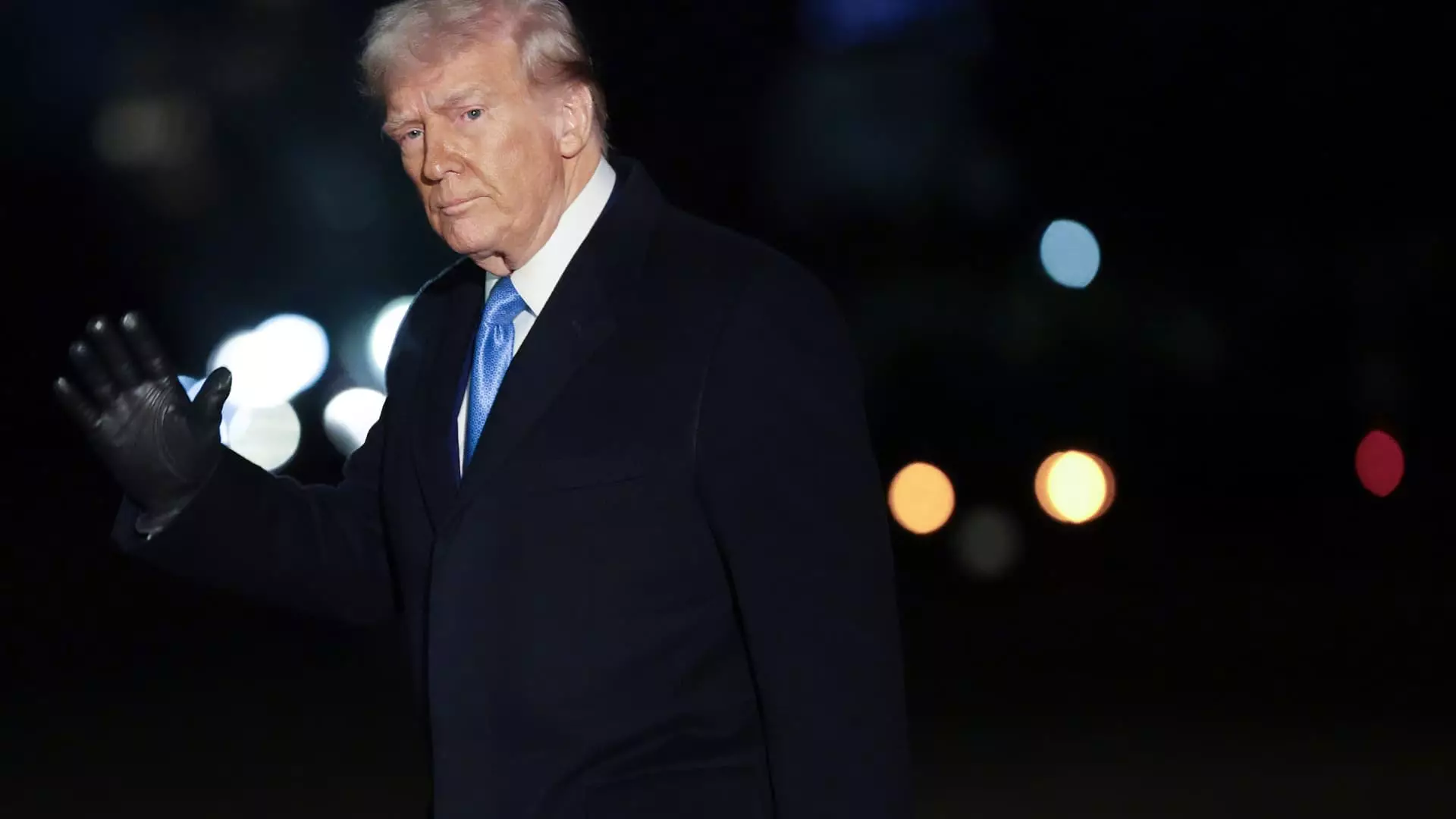In a crucial legal development, a federal judge in Maryland issued a temporary injunction against President Donald Trump’s administration, blocking the enforcement of recent bans targeting diversity, equity, and inclusion (DEI) programs. The ruling, handed down by U.S. District Judge Adam Abelson, underscores the contention surrounding DEI initiatives that have typically been defended as vital instruments for achieving social equity. This article delves into the implications of this ruling, the context of DEI’s rise in U.S. society, and the broader debate over free speech and discrimination.
Judge Abelson’s decision highlights a significant intersection between policy, free speech, and government authority. The judge asserted that the direct actions imposed by Trump, including an order urging the Department of Justice to probe companies implementing DEI strategies, likely infringe upon First Amendment protections. This legal perspective signals a stark warning against governmental overreach in influencing private and public sector practices that aim to foster inclusivity without resorting to discriminatory measures.
Moreover, the judge referenced the plaintiffs’ concerns about the “chilling” effect these orders might have on protected speech. This reflects an understanding that such sweeping directives can create an atmosphere of fear and hesitance among those wishing to advocate for equality and diversity. Abelson emphasized that DEI initiatives have been legally supported for decades, bringing to light their foundational role in addressing systemic discrimination that has persisted in American society.
The backdrop to this legal battle lies in a societal shift that has become increasingly vocal about issues of racial and gender equity, especially following the protests ignited by police killings of unarmed Black individuals in 2020. In reaction to those events, many organizations expanded their DEI efforts, seeking to rectify historical inequities that continue to exist in both social and economic spheres. Critics of DEI initiatives, including Trump and his administration, argue that such programs promote reverse discrimination, often framing them as divisive rather than as steps towards equity.
This polarized viewpoint suggests a misunderstanding of the essence of DEI. Civil rights advocates assert that these programs do not merely aim to promote affirmative action but strive to dismantle barriers that have long disadvantaged minority groups. The emphasis on inclusion is a recognition of persistent social disparities that hamper equal opportunities for all citizens, regardless of their background.
The ruling by Judge Abelson carries significant legal repercussions, not only for Trump’s administration but for future policy-making on DEI across the nation. If allowed to proceed, the government’s attempts to limit DEI practices could set a precedent that undermines the ability of institutions to address discrimination actively. This intervention reflects a broader struggle over how policies are shaped and the influences that craft such decisions, raising questions about the separation of political ideology from legal governance.
The plaintiffs, represented by Democracy Forward, have framed their lawsuit as a defense of constitutional rights, arguing that Trump’s orders encroach upon foundational freedoms. With the potential legal space created by this ruling, civil rights organizations may feel empowered to challenge other legislative actions perceived as unjustly targeting marginalized communities.
As the case unfolds, it remains to be seen how Trump’s administration will respond to this judicial roadblock. The outcome could potentially redefine the interplay between governmental authority and DEI programs, significantly impacting how they manifest in both public and private sectors. The case serves as a potent reminder of the ongoing societal debates surrounding diversity initiatives, free speech, and the legacy of discrimination in America.
Within this charged atmosphere, it is crucial to foster a dialogue that seeks to balance the nuances of free expression with the urgent need for inclusivity in a diverse society. It’s clear that regardless of political affiliation, the conversation surrounding DEI is far from settled, and the legal challenges ahead will significantly shape the future discourse on equity on American soil.


Leave a Reply